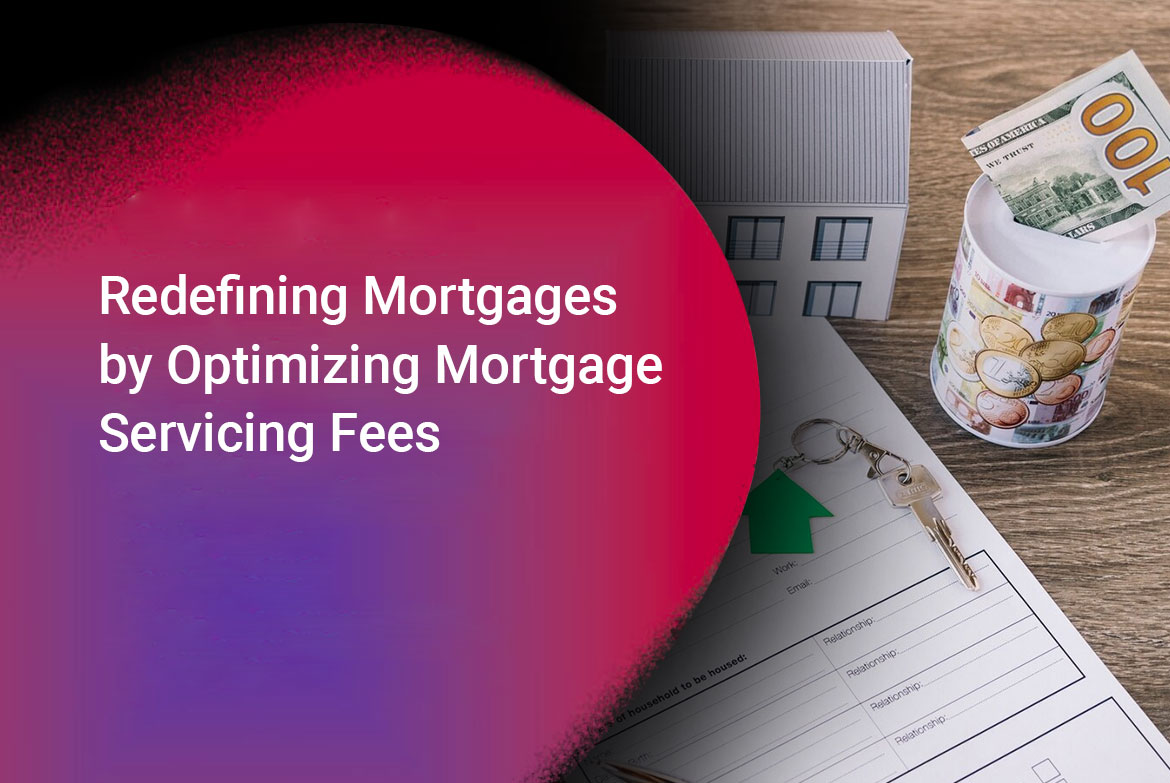Anytime that the amount of the mortgage is more than the current home value, it’s considered an “underwater mortgage”. This can happen for a variety of reasons, including home prices falling or repairs and necessary upgrades to the house which make it too expensive for the homeowner to fix it and sell it at a costs that exceeds the remaining mortgage. The term is developed from the concept that the homeowners might feel as though they are drowning in debt. An underwater mortgage can be a big challenge for homeowners to face, limiting their options as to what they can do with the home itself.
What are the Impacts of Being Underwater?
 If the homeowner still makes their monthly payments, being underwater only serves to make them feel like they are renting a home rather than building equity inside of it. It’s a completely different scenario when the borrower can’t make the payments, which was a leading problem in the recent housing crisis. More people couldn’t make those monthly payments and the banks started foreclosing on homes in greater numbers than ever before, and home prices were depressed all around.
If the homeowner still makes their monthly payments, being underwater only serves to make them feel like they are renting a home rather than building equity inside of it. It’s a completely different scenario when the borrower can’t make the payments, which was a leading problem in the recent housing crisis. More people couldn’t make those monthly payments and the banks started foreclosing on homes in greater numbers than ever before, and home prices were depressed all around.
One other challenge for homeowners with an underwater mortgage is that moving becomes an impossibility. When the mortgage amount is too high, the borrower would have to pay the difference if the home were to sell.
Since many people rely on their current home sale to afford the new one, moving is a challenge that those with an underwater mortgage just can’t overcome. A final impact of underwater mortgages is that some homeowners simply walk away and let the home go to foreclosure when they don’t feel they’ll ever come out ahead.
- Homeowners will struggle to move out of their home if they are underwater
How Does a High Number of Underwater Mortgages Impact the Overall Economy?
 When people are unable to make their mortgage payments en masse, a housing crisis can make the entire industry a buyer’s market. Other homes have to reduce their selling price because the overall market is flooded with more properties. A lot of the mortgages associated with the most recent housing crisis had been obtained with no money down- so that when borrowers were unable to make payments, drops in home prices translated to immediate underwater mortgage issues across the country.
When people are unable to make their mortgage payments en masse, a housing crisis can make the entire industry a buyer’s market. Other homes have to reduce their selling price because the overall market is flooded with more properties. A lot of the mortgages associated with the most recent housing crisis had been obtained with no money down- so that when borrowers were unable to make payments, drops in home prices translated to immediate underwater mortgage issues across the country.
- If many borrowers get underwater, the housing market can collapse
When Do Most Underwater Mortgages Occur?
Most of time, borrowers don’t get underwater with their first mortgage. Instead, the condition appears at the second or third mortgage associated with the same home. During the refinance process, the lender may inform the homeowner of the option to borrow on the current equity in the property. This might work is there’s a significant amount of equity in the home already. If there’s not a large amount of equity, however, a high level of debt can outpace the market value of the home, making the entire situation an underwater mortgage. Before determining whether now is the best option, carefully evaluate the equity built into the house before making a hasty decision that could leave you with an underwater mortgage sooner rather than later.
- Refinancing a home with little equity is a common cause of underwater mortgages
Property values can also affect the likelihood of an underwater mortgage. If rezoning happens, the market value on the home might dip below the balance on the mortgage. Even if the homeowner has been making timely payments, they could find themselves in an underwater mortgage situation relatively quickly. This can be especially problematic for homeowners who had the intentions to move soon and are now essentially trapped in the home (unless they are prepared to pay the difference to the bank if the house does indeed sell).
- Zoning changes or property values can pull the rug out from a borrower’s feet




